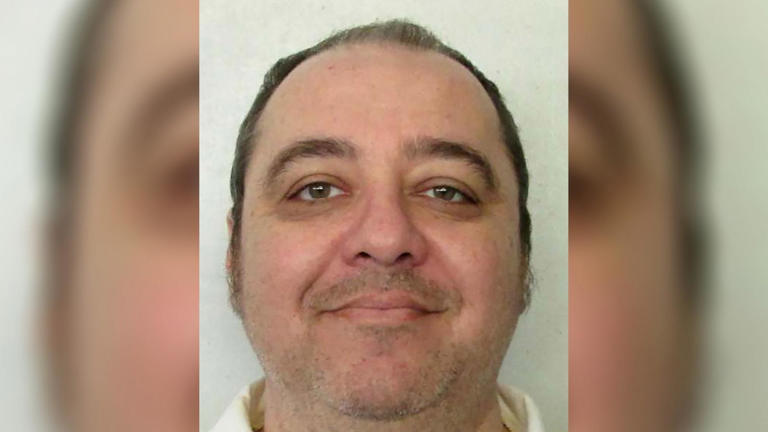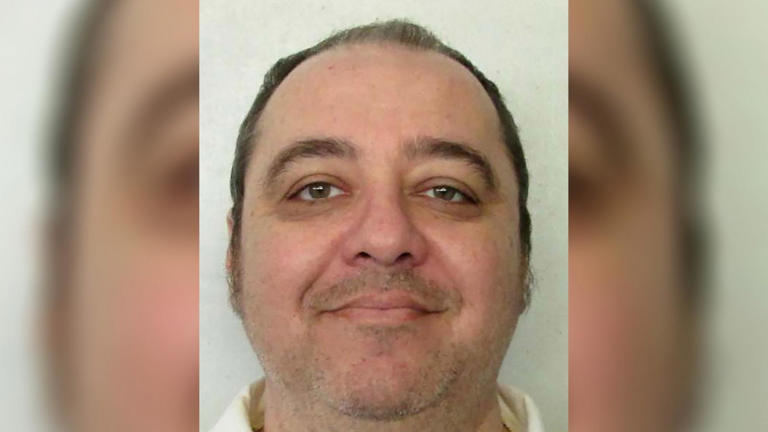
Alabama Executes Kenneth Eugene Smith Using Nitrogen Gas:
Alabama Executes Kenneth Eugene Smith Using Nitrogen Gas:
Kenneth Eugene Smith, 58, underwent a historic execution at the William C. Holman Correctional Facility in Atmore, Alabama, on Thursday evening. He marked a significant milestone as the first person in the United States to be executed using nitrogen gas. This groundbreaking event has the potential to influence the trajectory of capital punishment, particularly for states exploring alternatives to lethal injection.
Smith’s execution via nitrogen hypoxia involved securing him to a gurney and administering nitrogen gas through a mask apparatus, effectively cutting off his oxygen supply. The procedure commenced at 7:53 p.m. local time and concluded at 8:25 p.m., spanning about 15 minutes. Witnesses from the media reported that Smith’s final words conveyed sentiments of love, peace, and appreciation to his supporters.
The execution method’s novelty and controversy add layers to the ongoing debate surrounding capital punishment in the United States. Smith’s case serves as a focal point for discussions on the ethical implications and efficacy of alternative execution methods.
During the execution, Smith initially appeared conscious, followed by moments of shaking and writhing on the gurney, then gradually slowing breaths until his breathing ceased. Corrections Commissioner John Hamm stated that Smith seemed to be holding his breath intentionally, and the observed movements were expected.
Nitrogen hypoxia is a relatively untested execution method in the U.S., and Smith’s execution faced legal challenges, including appeals to the U.S. Supreme Court, which were ultimately denied. Smith’s previous execution attempt in 2022 via lethal injection failed due to difficulties in finding a suitable vein, prompting a re-evaluation of execution methods in Alabama.
Governor Kay Ivey expressed closure for the victim’s family after Smith’s execution, emphasizing that Smith had faced justice for his crimes. Michael Sennett, one of the victim’s sons, witnessed the execution and remarked on Smith’s demeanor during the process.
Smith’s wife, Deanna Smith, maintained his innocence and criticized the execution, citing his prior trauma from the failed 2022 attempt and concerns about potential complications during the nitrogen gas execution. However, prison officials ensured precautionary measures, including adjusting his final meal and limiting his intake to clear liquids.
The execution’s legality and ethical implications have sparked debate, with organizations like the U.N. Human Rights Office and the Catholic charity Sant’Egidio Community condemning the method as barbaric. Nevertheless, Alabama officials defended the execution, citing legislative approval and readiness to implement the law.
Smith’s execution marks a pivotal moment in the ongoing discourse surrounding capital punishment in the United States, raising questions about the humanity and effectiveness of alternative execution methods.

